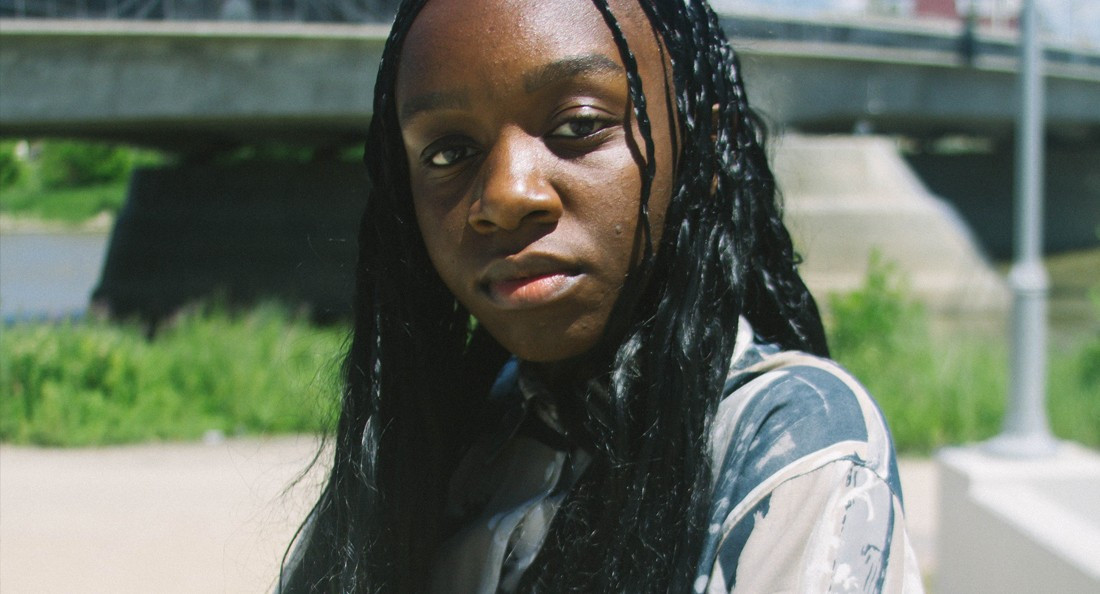Nuit Noire AfroPeg celebrates Black artists
Third-annual Black Space Winnipeg event challenges Nuit Blanche programming
“Obviously, Nuit Blanche wasn’t named ... after white people,” local poet Chimwemwe Undi says. She performed in Black Space Winnipeg’s Nuit Noire event in 2017 and believes that the event’s name holds an implicit challenge to Nuit Blanche and its festival-goers.
“It draw(s) attention to the lack of diversity in a lot of other Nuit Blanche spaces.”
In 2016, Black Space Winnipeg co-founder Alexa Joy Potashnik initiated Nuit Noire, an Afrocentric showcase of visual artists and performers held this year at aceartinc. in association with Nuit Blanche. She was frustrated with the lack of programming by and for BIPOC folks at Nuit Blanche and the lackluster approach to outreach on the part of festival organizers.
“Just because you don’t know other communities doesn’t mean people aren't doing the work. (T)hey’re just not receiving the platform,” she says.
For Potashnik, the lack of diversity at Nuit Blanche is indicative of larger issues in Winnipeg’s arts scenes.
“The importance of Nuit Noire comes down to support and exposure of a historically underrepresented community of artists who have tremendous talent and continue to be overlooked based on the Eurocentrism of ... the arts community in Winnipeg,” she says.
“Most of the main gallery spaces in Winnipeg do not prioritize or book international Black artists or give local Black artists the opportunity to showcase their work in a ... professional setting.”
She says that even when these spaces do represent Black artists, they are still usually run by white organizers.
“A lot of the artists(,) curators and programmers are white and do not come from our communities, so I’ll always question authenticity when it comes to programming cultural events,” she says.
Nuit Noire has proved to be a hit.
“Last year ... we were awarded second place for the Nuit Blanche Emerging Artists Program, which was amazing, and we had over 30 artists,” Potashnik says.
Although she says anyone is welcome to attend Nuit Noire, Potashnik is organizing the event fundamentally for the Black community. She wants to see Nuit Noire and its celebration of Black artists and audiences expand far beyond the walls of aceartinc. and the timeline of Nuit Blanche.
“The big, long-term goal would (be) to make this a festival that takes over the entire city through gallery spaces, museums and more. We’d like to see a gallery also dedicated for Black artists,” she says.
Undi believes Nuit Noire is an opportunity to acknowledge the contributions of Black people to culture and politics that go unrecognized and uncompensated.
“If you look at artistic spaces and community-building spaces, the amount of work that especially Black queer women do in those spaces is disproportionate to our actual numbers,” she says.
“So I think Nuit Noire allows us to have a space to gather as a community of Black people and also forces (Nuit Blanche) at large to reckon with the fact that we do exist.”
Nuit Noire takes place on Sept. 29 at aceartinc. (290 McDermot Ave.) from 6 p.m. to 1 a.m.
Published in Volume 73, Number 4 of The Uniter (September 27, 2018)







